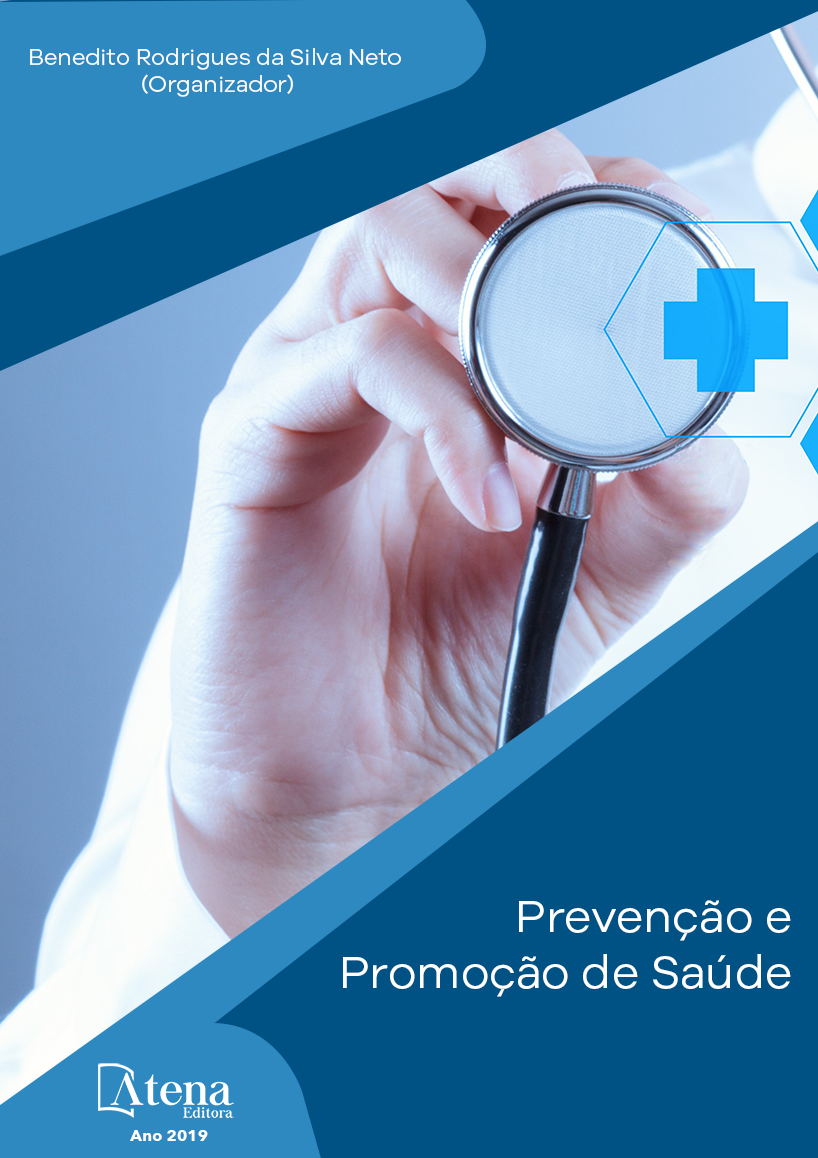
ADEQUAÇÃO DOS ACADÊMICOS DE MEDICINA DO CENTRO UNIVERSITÁRIO TIRADENTES EM AÇÕES DE PROMOÇÃO À SAÚDE, EM ACORDO ÀS DIRETRIZES CURRICULARES NACIONAIS DE 2014.
A disciplina de Integração Ensino-
Serviço-Comunidade (IESC) visa priorizar a
introdução precoce dos acadêmicos na atenção
à saúde no âmbito da rede de serviços do
Sistema Único de Saúde (SUS), valorizando
a atenção básica como cenário principal de
aprendizagem, prezando por um enfoque de
uma formação voltada no usuário, formando um
egresso voltado a formação geral, humanista,
reflexiva, crítica e ética. Isto em total consonância
com as Diretrizes Curriculares Nacionais (DCN)
de 2014 para os cursos de Medicina. Tratase
de um estudo descritivo longitudinal do tipo
relato de experiência, inserido no contexto da
disciplina IESC do curso de Medicina de uma
Instituição de Ensino Superior, em uma unidade
de Saúde da Família de Maceió, do primeiro ao
oitavo semestre, entre os anos de 2014 a 2018.
A inserção dos alunos representa aprendizado
singular, pela possibilidade de desenvolver
competências necessárias a formação médica:
comunicação, linguagem, sensibilidade e busca
de soluções para as necessidades, permitindo
uma reflexão crítica das necessidades da
comunidade. Revelou-se a oportunidade de
dinâmicas com potencial social e reflexivo,
que nos permitiram um olhar diferenciado,
mobilizador e direto, além de uma escuta
cuidadosa e afetuosa acerca das situações
vividas. As novas Diretrizes Curriculares
Nacionais para os cursos de medicina elencam
um modelo de processo ensino-aprendizagem
que tenta resgatar a medicina hipocrática, mais humana. Os estudantes da UNIT estão tendo esta oportunidade, de conhecer e ser
agente ativo na Atenção à Saúde desta comunidade, contribuindo socialmente para a
promoção da saúde.
ADEQUAÇÃO DOS ACADÊMICOS DE MEDICINA DO CENTRO UNIVERSITÁRIO TIRADENTES EM AÇÕES DE PROMOÇÃO À SAÚDE, EM ACORDO ÀS DIRETRIZES CURRICULARES NACIONAIS DE 2014.
-
Palavras-chave: Atenção Primária à Saúde, Educação em Saúde, Medicina Comunitária
-
Keywords: Primary Health Care, Health Education, Community Medicine.
-
Abstract:
The discipline Teaching-Service-Community Integration (TSCI) aims to
prioritize the early introduction of academics in health care within the Unified Health
System (SUS) service network, valuing primary care as the main learning scenario,
a focus of a formation oriented to the user, forming a training focused on the general
formation, humanist, reflexive, critical and ethical. This is fully in line with National
Curriculum Guidelines (NCG) of 2014 for medical courses. This is a longitudinal
descriptive study of the type of related experience, inserted in the context of the TSCI
discipline of the Medicine course of a Higher Education Institution, in a health unit of
the family of Maceió, from the first to the eighth semester, between the years from
2014 to 2018. The insertion of students represents a unique learning, by the possibility
of developing specific skills to train: communication, language, sensitivity and search
for solutions to the needs, allowing a critical reflection on the communities. Reveal an
opportunity for dynamics with social and reflexive potential, which allow a differentiated,
mobilizing and direct look, as well as a careful and affecting assessment of the lived
situations. The new National Curriculum Guidelines for medical courses list a model
of the teaching-learning process that attempts to rescue a more humane, hippocratic
medicine. UNIT students are having this opportunity to meet and be an active agent in
Health Care in this community, contributing socially to health promotion.
-
Número de páginas: 10
- Cicero Felipe Paes de Araujo Costa
- Alice Wanderley Rosa
- Caio Cézar Tenório Alves da Silva
- Henrique Cézar Tenório Alves da Silva
- Emanoela da Silva Gonçalves
- Wilson Spinillo Rodrigues dos Santos
- Alfredo Aurélio Marinho Rosa
- Alfredo Aurélio Marinho Rosa Filho


